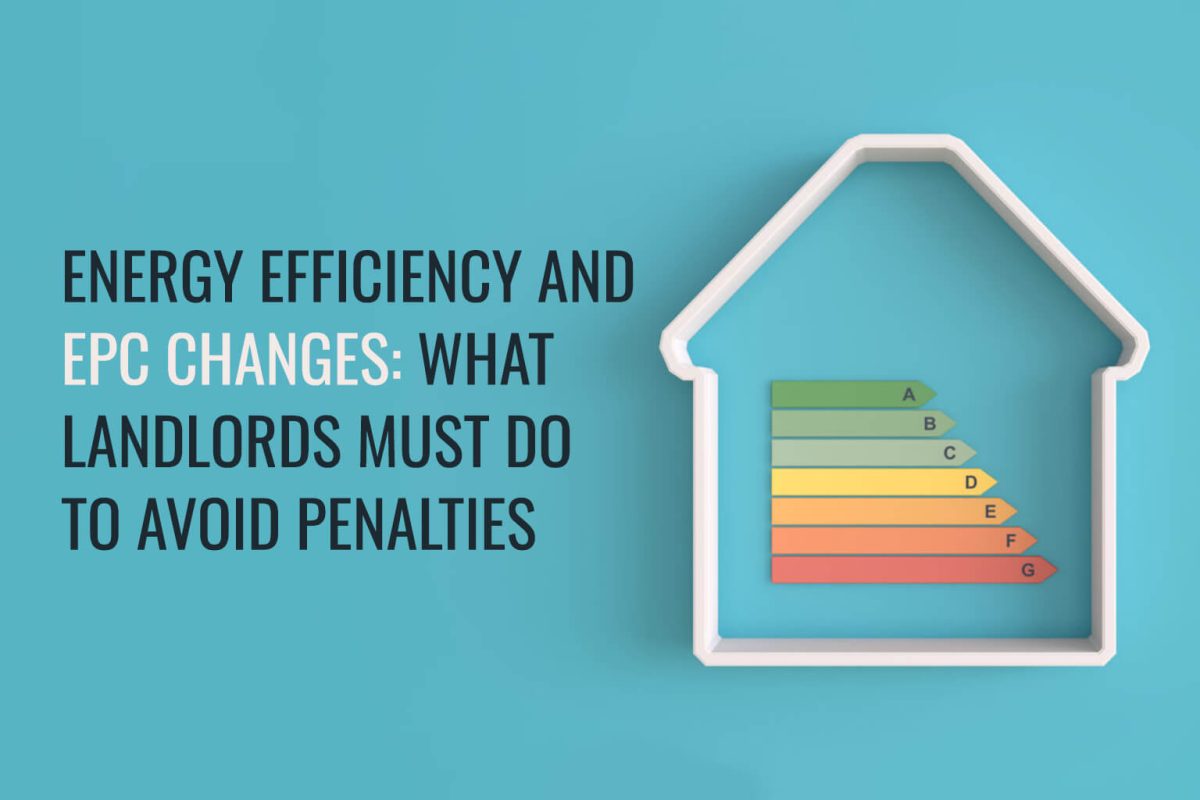Unlock Your Property Potential: A Comprehensive Guide to Becoming a Successful Estate Agent in the UK Dreaming of a career in the dynamic world of UK real estate? The good news is that becoming an estate agent in the UK is more accessible than you might think! Unlike some countries, there are no mandatory licensing requirements. However, navigating this competitive field requires the right skills, knowledge, and a strategic approach. This guide provides a comprehensive roadmap to help you launch and thrive in your real estate career. What Does an Estate Agent Do? Estate agents act as intermediaries, facilitating property...
Read MoreCategory: Real Estate Agent
First Impressions Matter: Boosting Your Home’s Kerb Appeal
When it comes to selling or renting a property, first impressions matter. Potential buyers or tenants often make snap judgments based on a home’s exterior, and a well-maintained kerb appeal can significantly increase your property’s value and attract more interest. If you're looking to sell your house in Boston, enhancing your home's exterior could be the key to a quick and successful sale. Why Kerb Appeal is Important A property’s kerb appeal is the first thing people notice, and it plays a crucial role in shaping their perception of your home. If the exterior looks neglected, potential buyers or tenants...
Read MoreThe Cost of Meeting Decent Homes Standards: A Guide for Landlords
The Decent Homes Standard (DHS) is a crucial benchmark for landlords across the UK, ensuring rental properties meet a safe, healthy, and habitable standard for tenants. Compliance is essential not only for tenant welfare but also for maintaining property value and avoiding legal repercussions. However, achieving and maintaining this standard comes with associated costs. This guide explores the financial implications for landlords and how they can navigate these expenses effectively. Understanding the Decent Homes Standard The Decent Homes Standard was introduced by the UK government to ensure rental properties are: Free from serious health and safety hazards In a reasonable...
Read MoreThe Future of Tenant Referencing: How Technology is Changing the Process
The Evolution of Tenant Referencing Tenant referencing has long been an essential step in the rental process, helping landlords and letting agents in Perth ensure they are leasing properties to reliable tenants. Traditionally, this process was paper-heavy, time-consuming, and often prone to errors. However, with the rise of advanced technologies, tenant referencing is undergoing a significant transformation. The future of tenant screening promises to be faster, more accurate, and highly efficient, benefiting landlords, tenants, and estate agents alike. How Technology is Revolutionising Tenant Referencing 1. Automated Background Checks Gone are the days when estate agents had to manually verify a...
Read MoreGuildford: One of 13 Incredible Surrey Towns Named Among the Most Desirable Places to Live in Britain
Surrey is renowned for its picturesque towns, vibrant communities, and enviable quality of life. Within this county lies Guildford, which has been highlighted as one of the 13 most desirable towns to live in Britain. Guildford’s blend of historical charm, modern amenities, and scenic landscapes makes it a top contender for those looking to relocate to a quintessential English town. In this blog, we’ll explore what makes Guildford so special and why it continues to attract homebuyers, professionals, and families alike. 1. A Rich Historical Legacy Guildford’s historical significance dates back centuries, offering a glimpse into Britain’s past with its...
Read MoreHow to Tell If Your Property in London Bridge is Overpriced
London Bridge is one of the most desirable locations in the capital, attracting buyers and renters alike due to its iconic landmarks, riverside views, and convenient transport links. With its blend of historic charm and modern amenities, property prices in the area can be high. However, as a seller, it’s crucial to set the right price. If your property is overpriced, it could lead to a prolonged market presence, which may result in a lower sale price in the end. In this guide, we’ll explore how to determine if your property in London Bridge is overpriced and what you can...
Read MoreFirst-Time Buyers in Dartford: What You Need to Know Before Purchasing
Introduction Purchasing your first home is an exciting and sometimes daunting experience. The process can feel overwhelming for first-time buyers in Dartford, but with the right guidance, it can also be smooth and rewarding. One of the best ways to ensure a successful purchase is by working with estate agents in Dartford, who can provide essential local market insights, assist with property searches, and guide you through the intricacies of the buying process. In this blog, we will explore some crucial factors that first-time buyers should keep in mind when navigating the Dartford property market. From understanding the local real...
Read MoreEnergy Efficiency and EPC Changes: What Landlords Must Do to Avoid Penalties
As sustainability becomes a key concern in property management, energy efficiency is taking centre stage in the UK housing market. One critical aspect of this is the Energy Performance Certificate (EPC), which rates how energy-efficient a building is on a scale from A (most efficient) to G (least efficient). Recent changes to the legislation regarding EPC standards are creating new challenges for landlords, and those who fail to meet these regulations could face penalties. In this blog, we’ll explore the changes to EPC standards, what landlords must do to comply, and the potential penalties for those who don't. We will...
Read MoreEverything You Need to Know About The Property Investor Show 2024
The Property Investor Show: The UK’s Premier Property Investment Event The Property Investor Show is returning on 4th and 5th October 2024 at ExCeL London. As the UK’s largest exhibition for property investment, it’s the go-to event for anyone serious about investing in both UK and international property. Whether you’re an experienced landlord, a new investor, or simply curious about investment property, this is the event to attend. Key Event Details: Dates: Friday 4th October, 10.00am – 6.00pm | Saturday 5th October, 10.00am – 5.00pmLocation: ExCeL London, Hall Entrance N4, West EntranceTransport: Nearest station – Custom House (Elizabeth line and...
Read MoreThe Ultimate Guide to The Property Investor Show 2024
What is The Property Investor Show 2024? The Property Investor Show 2024 is the UK's largest and most comprehensive property investment event, taking place on 4th and 5th October 2024 at ExCeL London. It’s designed for property investors, landlords, home buyers, and professionals looking to learn, network, and explore the latest trends in UK property investment. Why Should You Attend The Property Investor Show 2024? Expert Guidance and Education: Access 80+ free seminars and live speaker sessions that cover everything from property investment strategies to tax implications, legal frameworks, and finance options. Learn directly from industry experts to make informed...
Read More








